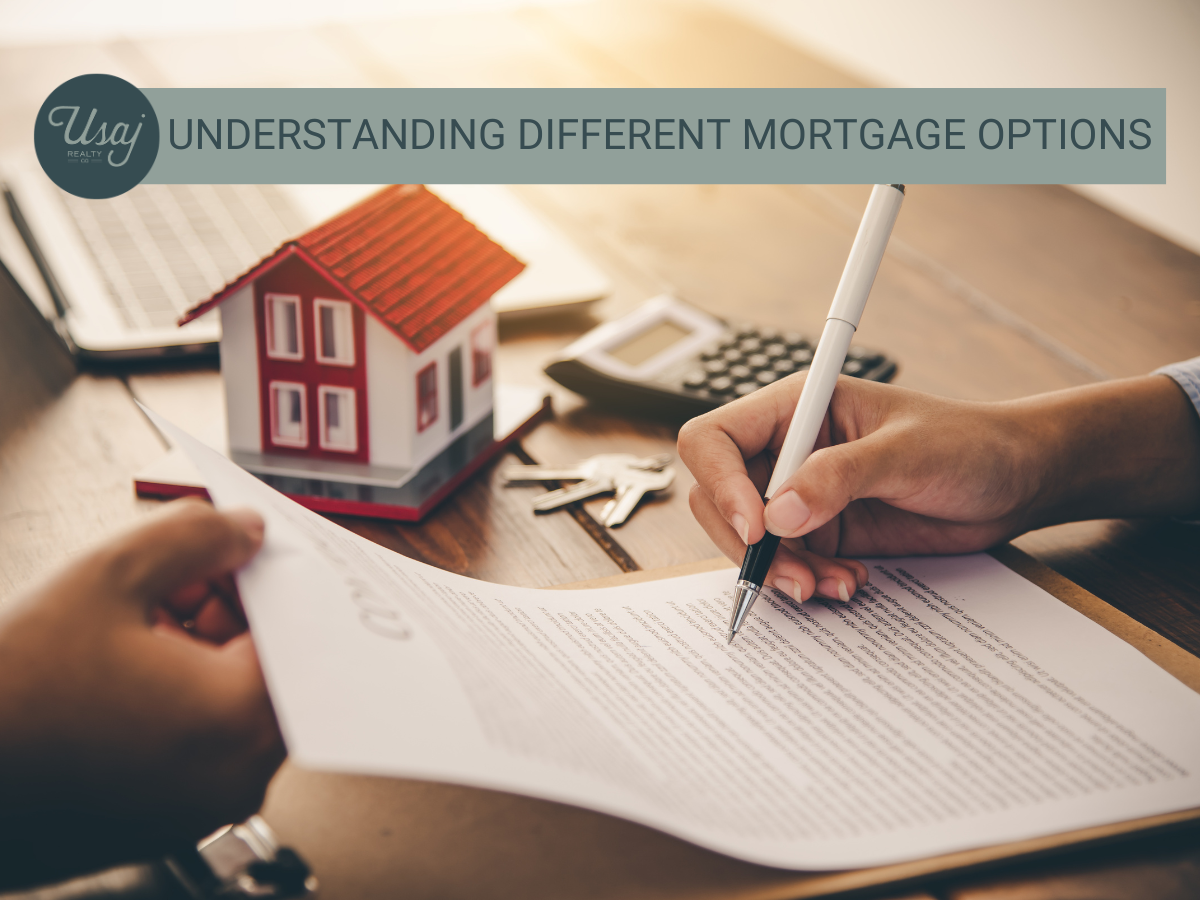Next to the home inspection, the home appraisal report is probably the most nerve-wracking step leading up to a (hopefully) successful home sale. It’s one thing for the home seller to get a good offer and be under contract; it’s quite another for your home to properly appraise.
While every home seller loves the prospect of getting an offer that hits the asking price or even one that exceeds the list price, the home appraisal will ultimately determine the value of your home. On the buyer’s side, you need to know the exact valuation of the home based on its location, the structure itself, and other features. The appraisal impacts the amount of money you can borrow and also the tax assessment you pay each year.
And unless it’s a cash deal, there is a potential that the home buyer can’t or won’t pursue the deal if the appraisal doesn’t hit the contract offer. That appraisal “gap” — the difference between the contract price and the appraised value can impact whether the deal closes or falls apart.
The home appraisal should always be in the back of your mind when determining the asking price on your property. Examining the comparable sales on homes in your neighborhood is just one component of establishing the price. Each home has its unique features and it’s critical to highlight and focus on the improvements you’ve made and how they impacted the pricing.
But what happens if the home appraisal and contract price don’t align? What can the parties do to make up the difference?
First off, it’s important to understand what goes into the home appraisal and the resulting value. Below you’ll find some of the common criteria used when establishing the value of a home:
Location
Is the home on a busy street or tucked away on a quiet cul-de-sac? Are there nearby convenience or grocery stores, gas stations or parks? Is the home in an urban or suburban setting? A home located in a popular neighborhood with low inventory is likely to sport a higher value than a similar home in a less desirable area.
Square footage
Make sure you have an accurate measurement of all the living areas of the home. Discrepancies can impact your home value which in turn may affect the amount of money a seller will take away from the deal. For the buyer, the square footage is an important component of the amount of property taxes paid each year.
Property condition
Proper maintenance on your home has long-term benefits for you when it comes to selling. A dilapidated roof, old windows, an aging HVAC system, and an antiquated hot water heater will not bode well for your home appraisal. Be prepared to either fix and/or replace systems that are having issues or be prepared to negotiate the price. A buyer may not want to take on repairs that have a hefty price tag.
Don’t forget the little fixes, too. Make sure all the electrical outlets are working properly and light bulbs aren’t burnt out. Cracks in the drywall should be repaired and all tile should be examined for any chips or blemishes. Granted, the home inspection will detail anything that is in need of repair but it’s best to be proactive and fix all the items that can be easily addressed.
Living space
The number of bedrooms and bathrooms is a key determinant of the home price. Most families or people planning to start a family will have specific requirements on how many sleeping quarters they need as well as the number of bathrooms. Make sure specific rooms have a specific purpose. Don’t try to pass off a bedroom as an office or vice-versa. It’s better to leave the repurposing or renovation ideas to the buyer.
Unique features
It goes without saying, all homes are not created equal and outward appearances can be deceiving. Just because you live in a 1950s ranch doesn’t mean the interior has to be stuck in the 20th century. Make sure you feature all the home improvements you’ve made to your home. Whether it’s the natural light you enjoy, augmented by the skylights you’ve added, or the fabulous new patio you’ve installed, home improvements will not only appeal to the potential buyer but increase the home value.
In this era of high tech, many homes have become “smart homes,” featuring an assortment of amenities that can greatly enhance your home’s value. Those highlights may include something as simple as automated window coverings and security systems or more elaborate additions like escape rooms and media centers.
Market trends/sales in your neighborhood
In most cases, the best comps for determining the value of your home come from examining recent sales of similar homes in your neighborhood. Depending on the area, you may be able to find adequate comps within a few blocks of your property. In other situations, you may have to broaden the search to provide a better representation of the value of your home. Many custom or unique homes positioned in neighborhoods that don’t reflect similar features can make for a challenging appraisal. Keep this in mind when considering home upgrades and the potential return on investment.
So what happens if the appraisal isn’t in line with the contract price?

Usually, lenders approve loans for 80 percent of a home’s assessed value (assuming the buyer puts down a 20 percent down payment). If there is a gap between the appraised value and the contract price, there are several scenarios that may ensue:
- Using appraisal gap coverage can aid a home buyer in a competitive market. By writing into the offer that you’ll pay for the appraisal gap up to a certain amount over the appraised value will show that you are serious about buying the home and are willing to pay more.
- Sometimes the buyer and seller agree to split the difference or come to a mutual agreement on how the gap will be addressed. In a seller’s market, this may not always be the case but each situation is different. The seller may be particularly motivated to close the deal quickly and doesn’t want to re-list, and therefore is willing to compromise.
- Waiving the home appraisal is a tactic often used by cash buyers or those who are offering a significant down payment. Since in both cases, either a loan isn’t required or the required loan is significantly lower than the home’s value, the appraisal might not be required for the deal to close.
- The buyer may have to come up with a bigger down payment. This is especially true in a seller’s market. Bidding wars can inflate home prices but the home appraisal may not reflect the most recent market trends if the documentation doesn’t align with the house. Mortgage lenders will scrutinize the appraisal and only lend an appropriate amount of money based on the home’s value.




